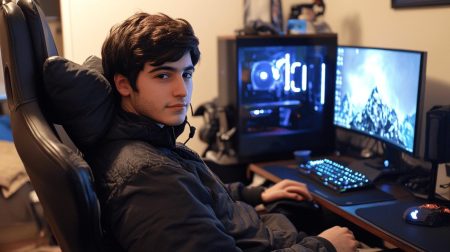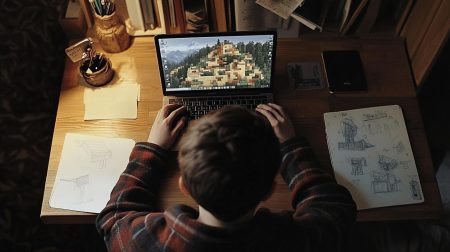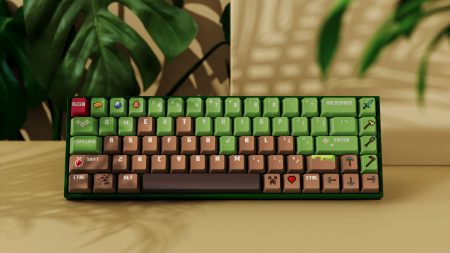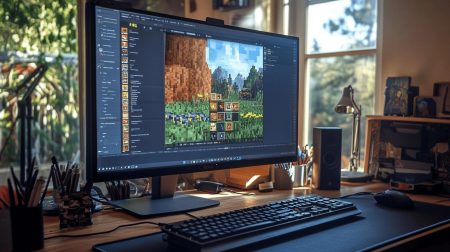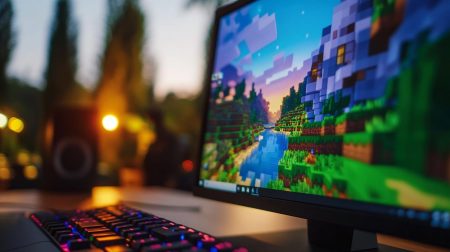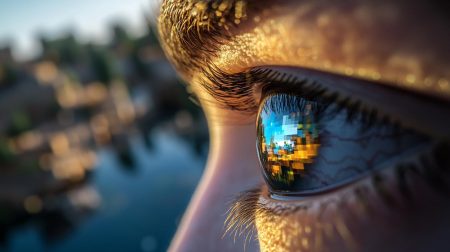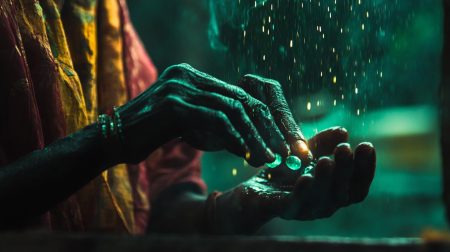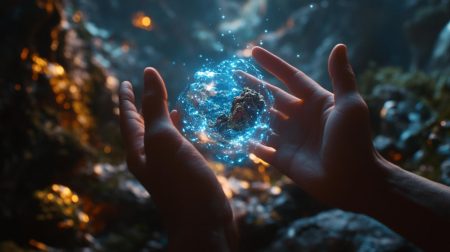Markus Persson, famously known as Notch, creator of the beloved game Minecraft, is working on a new project. This project is said to be a spiritual successor to Minecraft. While you might think this news would excite fans, it has stirred mixed feelings. Notch's controversial statements over the years have sparked debates more than enthusiasm.
Notch has faced criticism for several remarks on social media. One such comment was about the phrase "it's okay to be white." This statement has caused tension because some see it as linked with negative campaigns. Critics argue that it's used to provoke rather than promote understanding. Notch's tweet was seen as aligning with these views, causing backlash.

Another incident involved Notch's tweet about "heterosexual Pride day," which upset many. He tweeted harsh words against those opposing the idea. Critics say this was a dog whistle, a term for coded language meant to resonate with certain groups. Notch's words seemed to clash with the inclusive spirit many associate with Minecraft.
The most sensitive controversy involved Notch's views on gender identity. He responded to a tweet about trans rights with dismissive comments. He equated being transgender to a mental health issue. This remark struck a chord with many, especially in the LGBTQ+ community. His stance seemed out of step with the inclusive gaming culture.
Notch has also been involved in conspiracy theories, notably about the QAnon movement. He tweeted that "Q is legit," fueling the fire of an already controversial subject. Many found this alarming, given QAnon's reputation for spreading false information. Notch claimed it was about asking questions, but his influence made the tweet significant.
Fans of Minecraft are divided. Some separate Notch from his creations, enjoying the game without endorsing his views. Others find it hard to reconcile their love for the game with the creator's controversial opinions. This situation mirrors the dilemma faced by fans of other popular franchises whose creators have stirred controversy.
Though Notch's comments have sparked debate, they also highlight broader issues about free speech and social responsibility. His statements raise questions about the impact of influential voices in digital spaces. His case illustrates how personal opinions can affect public perception and the legacy of creative works.
As Notch works on his new project, it remains to be seen how these past controversies will shape its reception. The gaming community, known for its diverse and inclusive ideals, may find itself at odds with the creator's outspoken nature. Notch's journey continues to be a fascinating study of the intersection of creativity, controversy, and community dynamics.

